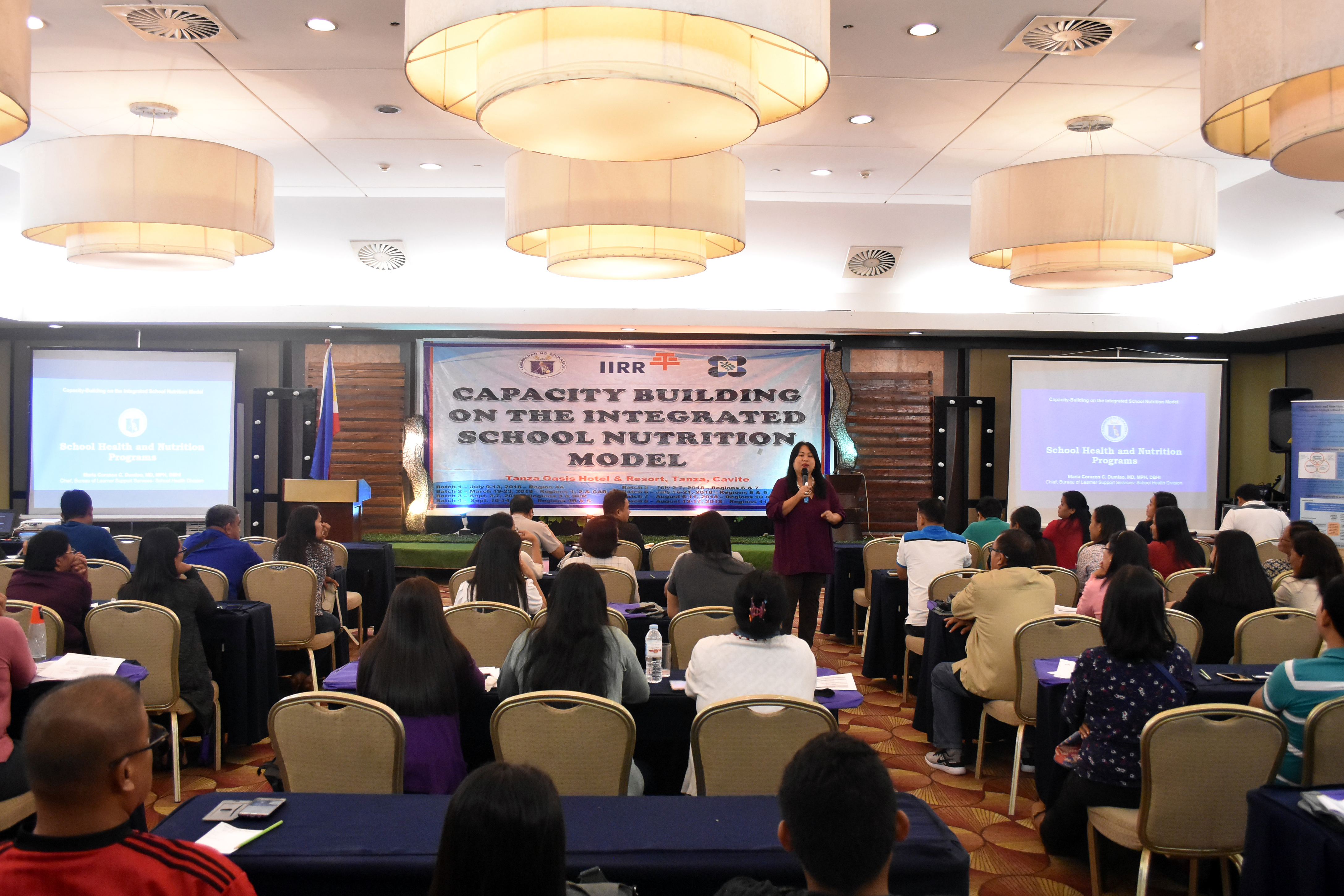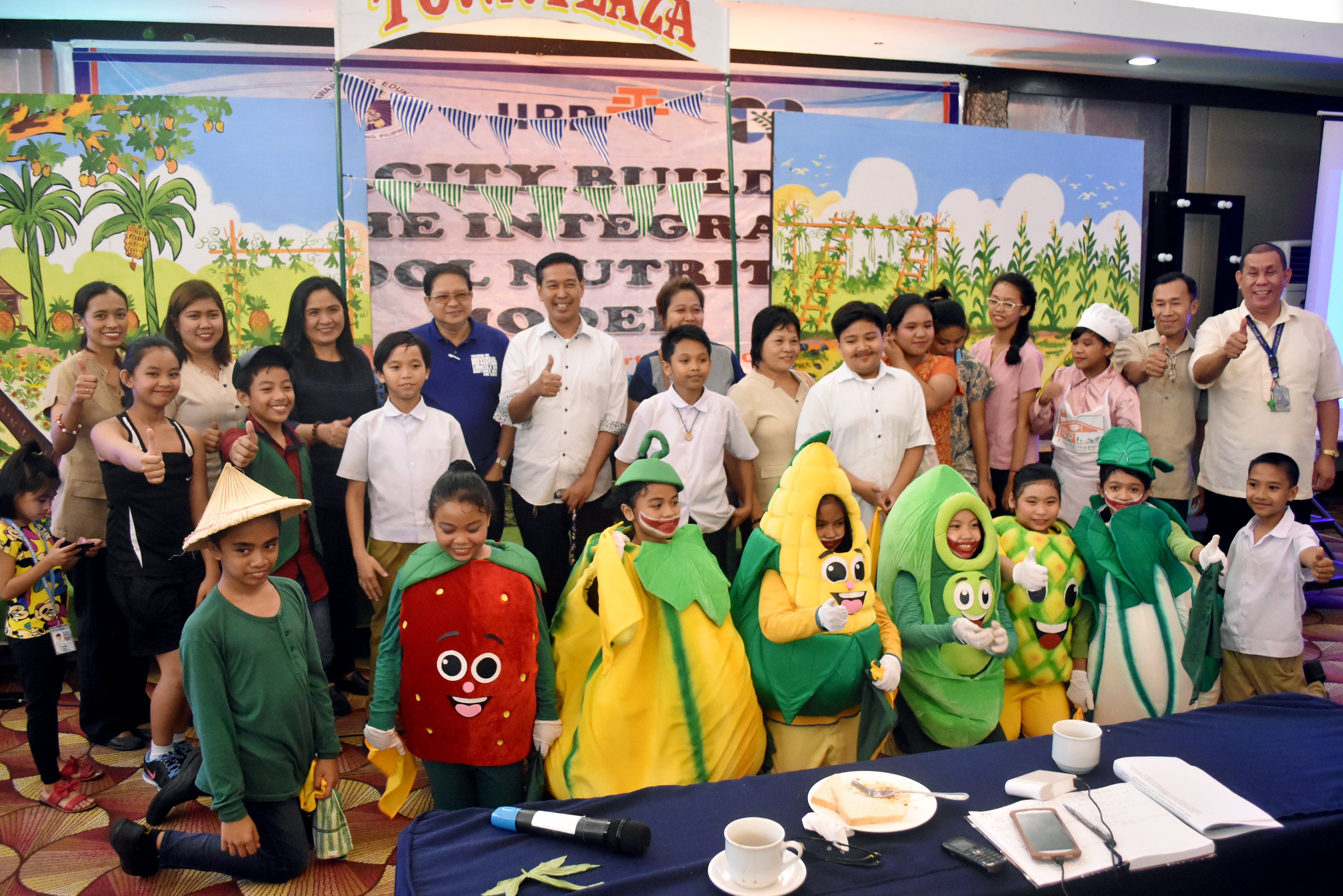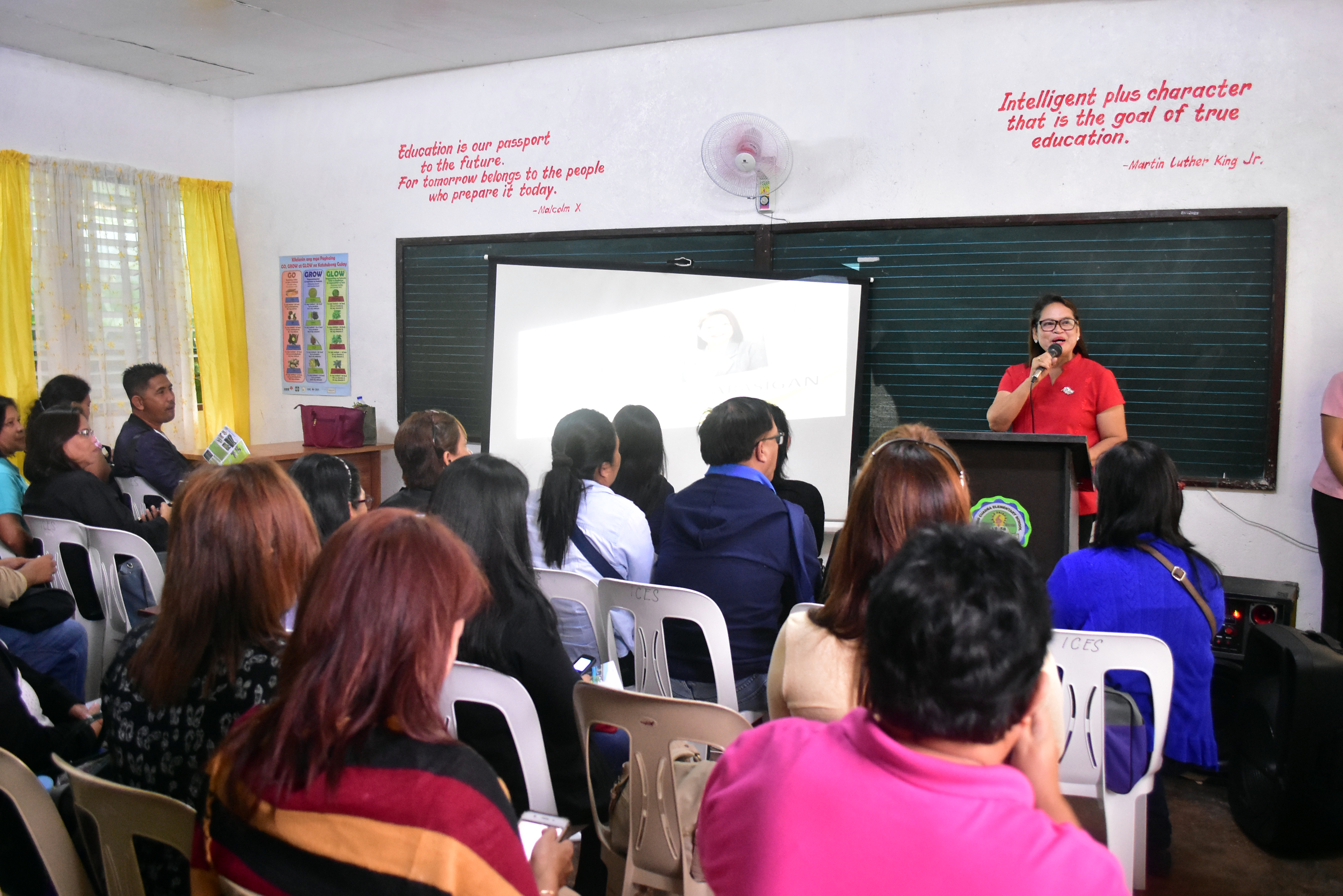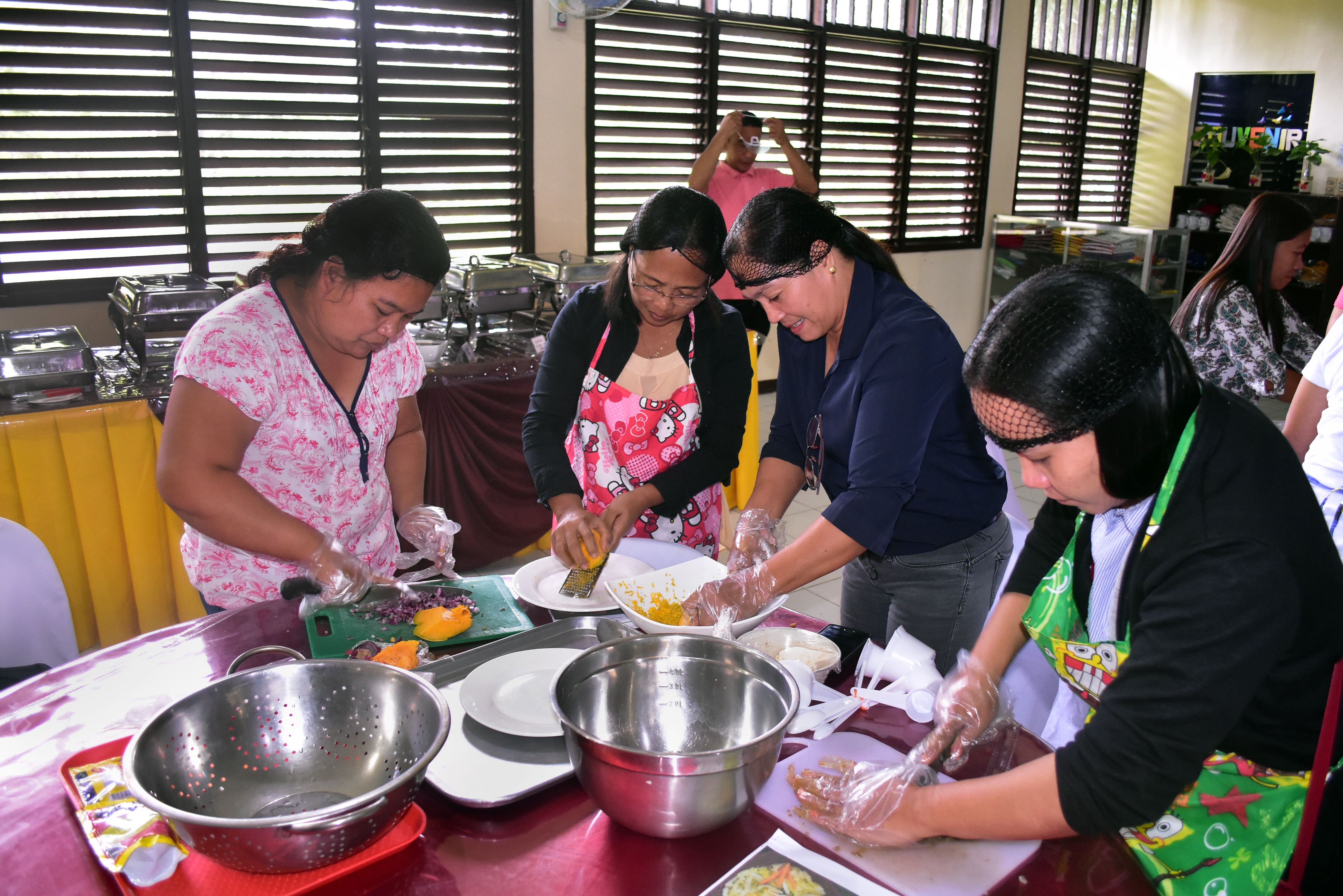CAVITE, September 27, 2018 – The Department of Education (DepEd), through its School Health Division (SHD) under the Bureau of Learner Support Services (BLSS), gathered its health personnel from all over the country for the National Capacity Building on the Integrated School Nutrition Model (ISNM).
A collaborative project of DepEd, the International Institute of Rural Reconstruction (IIRR), and the Department of Science and Technology – Food and Nutrition Research Institute (DOST-FNRI), the ISMN integrates nutrition interventions under DepEd’s School-Based Feeding Program (SBFP), Gulayan sa Paaralan Program (GPP), and Nutrition Education Program, to help improve the nutritional state of school children, and improve their knowledge and attitude towards nutrition and gardening.
The BLSS-SHD trained eight batches of school administrators and health personnel including SBFP and GPP coordinators, the final of which came from MIMAROPA and Bicol regions. Their training was slated from September 10 to 14 at Tanza Oasis Hotel and Resort in Tanza, Cavite.
“We emphasize the importance of this undertaking in ensuring that our learners reach their fullest potentials with proper health care and nutrition. Ensuring their health and well-being remains on top of our priorities, and this is concurrent with our goal to deliver quality, accessible, relevant, and liberating basic education for all,” DepEd Secretary Leonor Magtolis Briones noted.
Topics in the week-long training included the food and nutrition issues affecting learners tackled by the DOST-FNRI; the Philippine Plan of Action for Nutrition led by the National Nutrition Council; and the integration of SBFP, GPP, and Nutrition Education Program under the ISNM led by the IIRR. Other topics presented were the school health and nutrition programs, role of lighthouse schools, and the conservation of agro-biodiversity through crop museums and seed exchanges led by BLSS-SHD.
Platforms and activities, and integration of nutrition in lessons were also covered. Region IV-A likewise shared their experiences on the institutionalization and implementation of the ISNM.
Participants joined the field visit to the IIRR on the third day of the capability building wherein school administrators were trained on innovations, sustainability mechanisms, and partnership building for ISNM, while SBFP coordinators were briefed on nutrition assessment, food safety, and cooking using indigenous vegetables. Garden coordinators, meanwhile, were capacitated on nursery establishment and seedling management, garden management, and seed production and storage.
The IIRR pointed out that bio-intensive school gardens were enhanced using ecological garden practices to improve productivity and sustainability. “Decentralized school crop museums helped conserve and propagate seeds of local vegetables to support the needs of school and household gardens,” Emily Oro, IIRR’s Country Director, shared.
DepEd and its partners call on other government agencies, as well as non-government organizations implementing food and nutrition security programs, to take part in the efforts to scale up the ISNM and achieve better outcomes.
END






